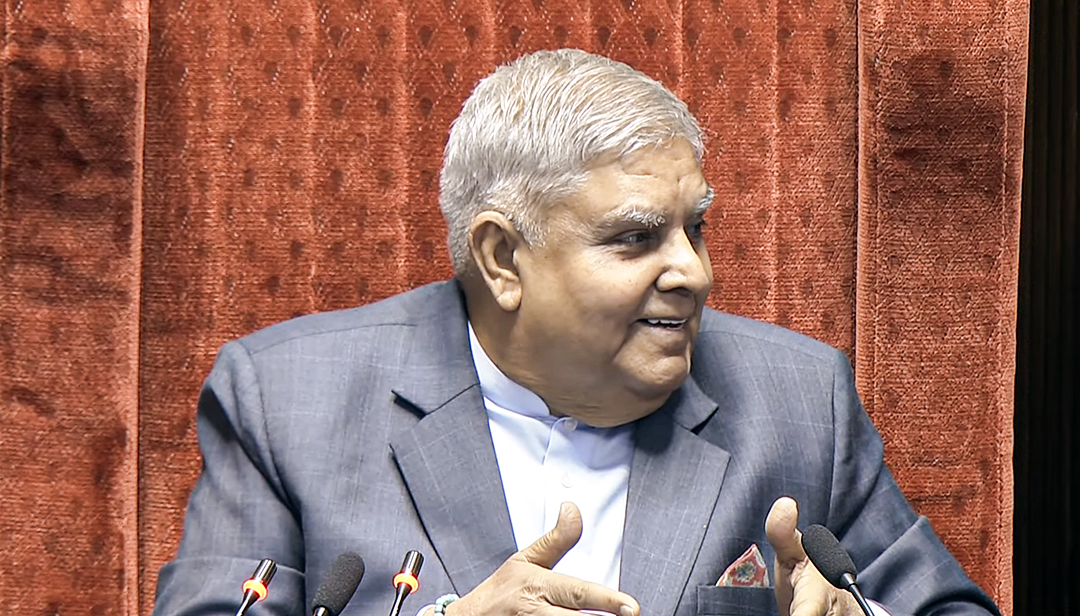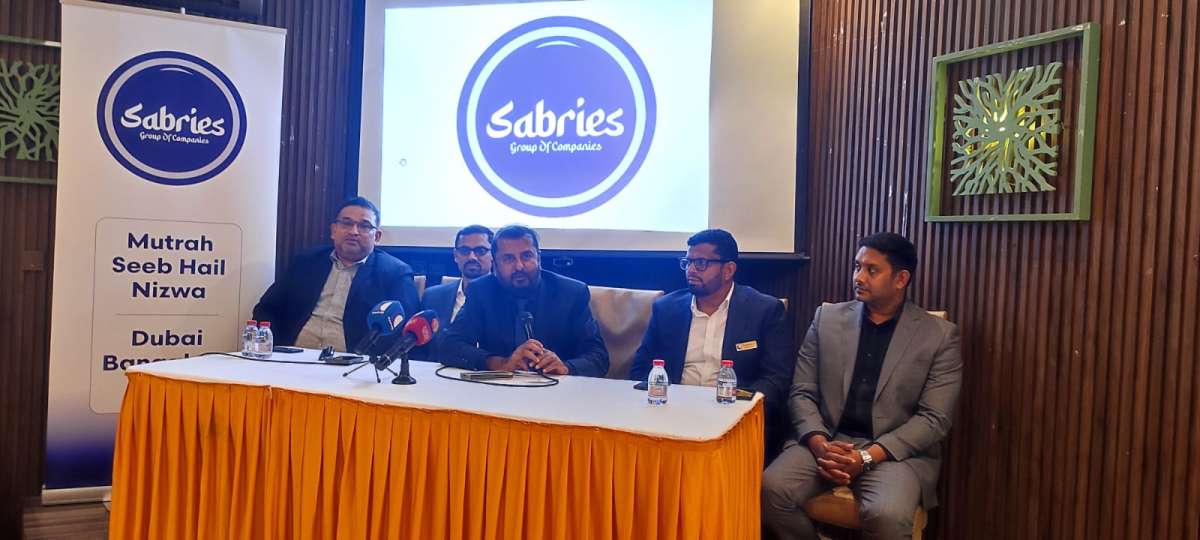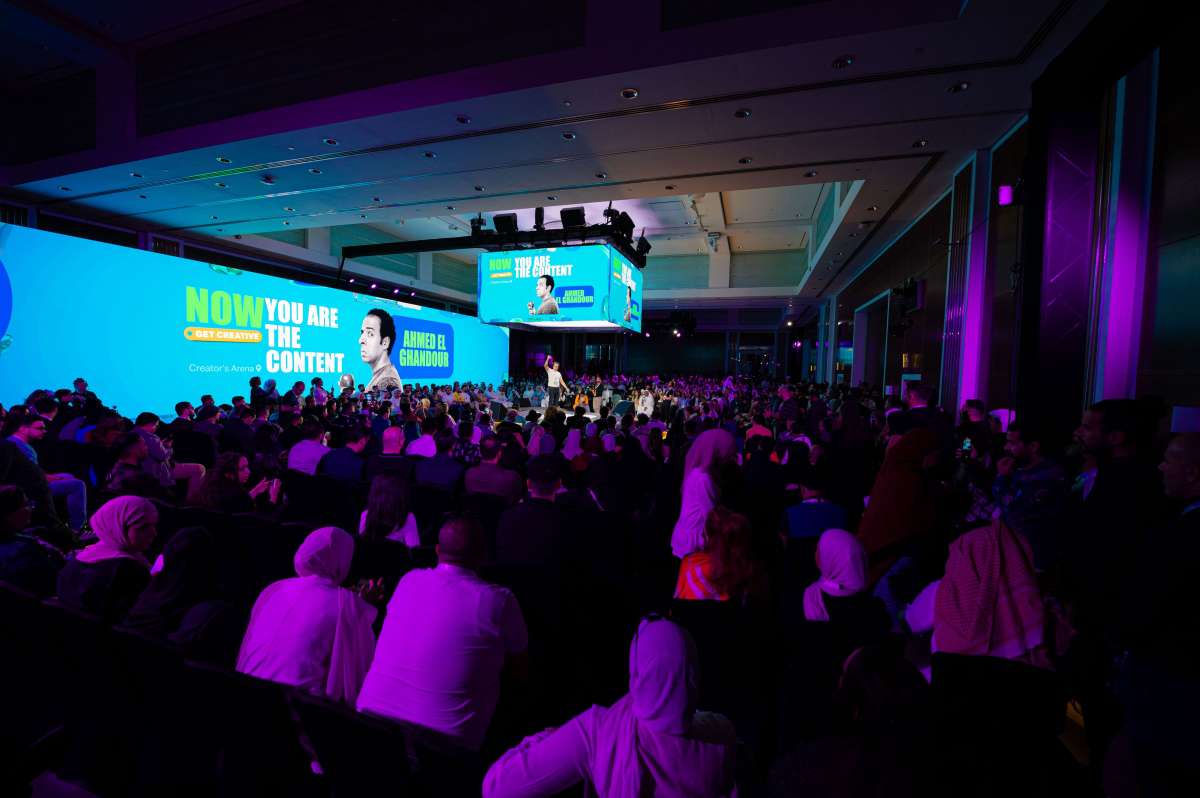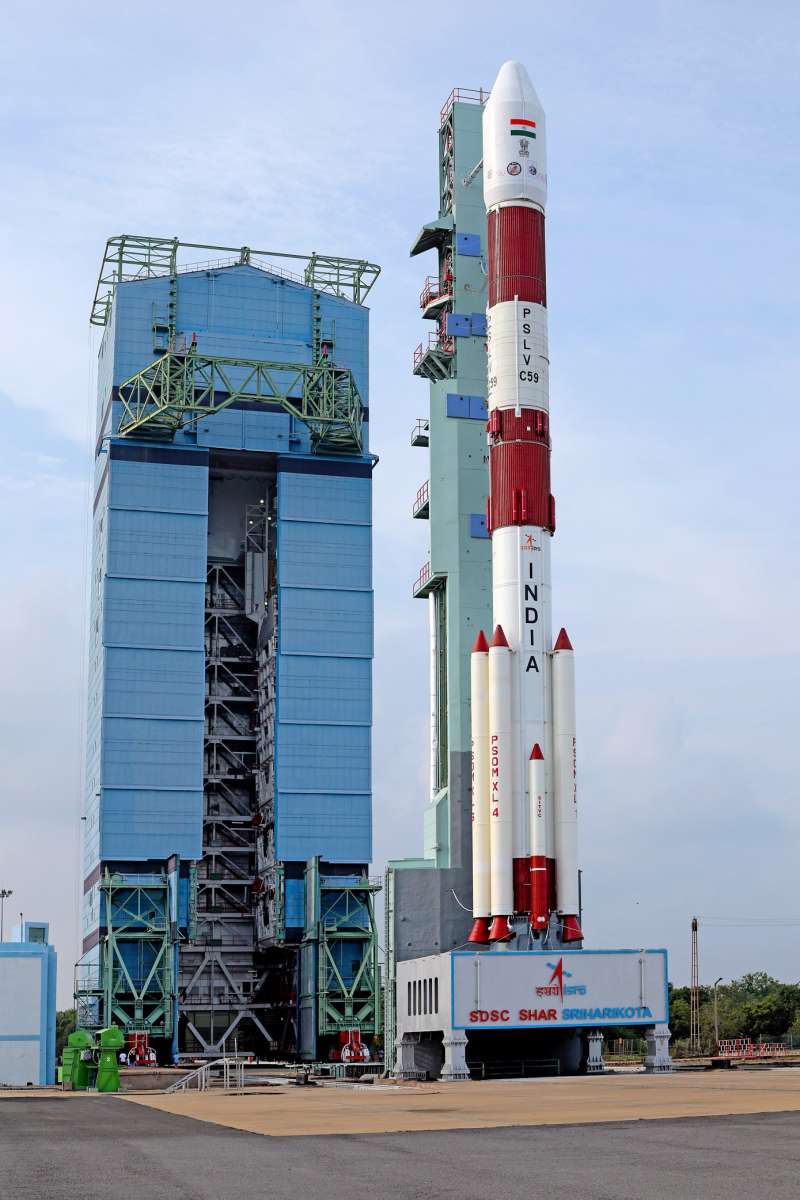The metal industry has been seeking that 18 per cent GST levied on steel scrap should be shifted to a reverse charge mechanism (RCM) basis …reports Asian Lite News
The Goods and Services Tax (GST) Council at its meeting on Saturday, is expected to take up the issue of GST on steel scrap among the items on its likely agenda which include exemption of tax on millets in powdered form and the tax on bank and corporate guarantees provided by holding companies to their subsidiary firms.
The metal industry has been seeking that 18 per cent GST levied on steel scrap should be shifted to a reverse charge mechanism (RCM) basis where the recipient of the goods or services is liable to pay GST instead of the supplier.
For instance, in the case of supply of raw cotton by farmers to cooperatives is taxable under the reverse charge mechanism.
The GST Council is likely to introduce an 18 per cent tax rate on corporate guarantees extended by parent companies to their subsidiary firms for getting loans from banks, according to reliable sources.
The issue was taken up by the GST Council’s law committee during various meetings held recently.
The law committee is of the view that extending a corporate guarantee is a related party transaction that is considered as a supply. The logic is that since supplies come in the 18 per cent GST bracket, this should also be applicable to corporate guarantees.
The GST council is also expected to take up the issue on whether this 18 per cent GST should be levied on personal guarantee as well given by promoters/directors for loans given by banks to a company.
In the case of a personal guarantee, the law committee cited the RBI’s mandate which states that no consideration by way of commission, brokerage fees, or any other form could be paid to the director by the company, directly or indirectly, in lieu of providing a personal guarantee to the bank for borrowing credit limits.
This appears to suggest that the 18 per cent GST is not strictly applicable in cases of personal guarantees.












